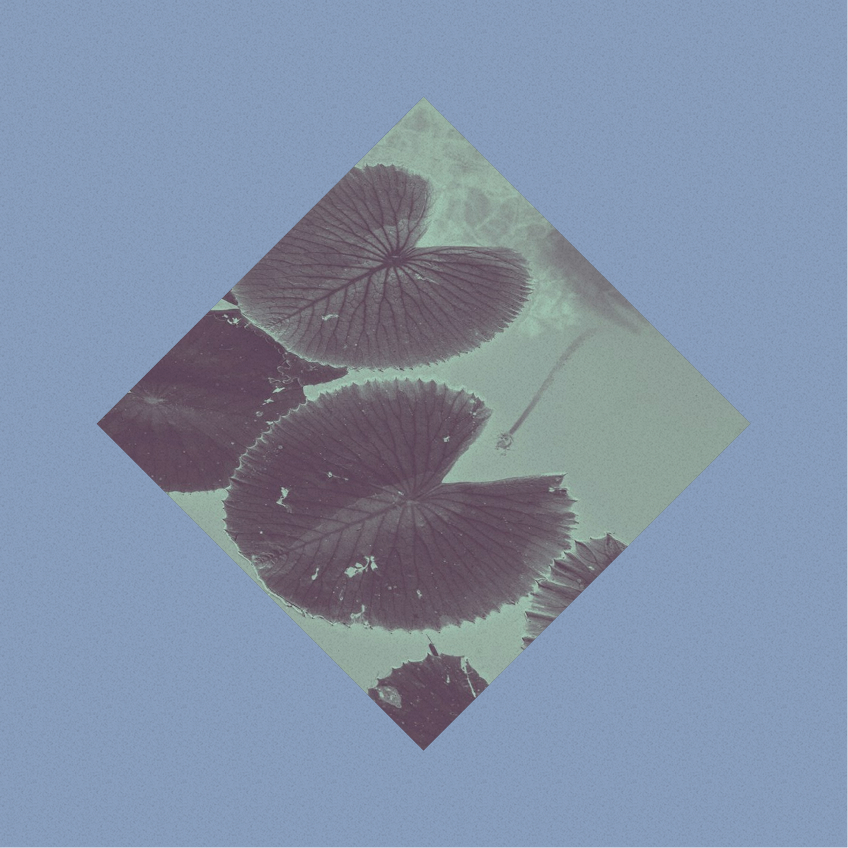Wisdom Literature: Principles and Practices of the Good Life
Manhattanville University
Course Description:
This course invites students to build on ancient and contemporary wisdom traditions to undertake an extended journey in self-knowledge: working out what you believe about the material conditions and meanings of the good life. The course will explore a variety of intellectual perspectives from religion, philosophy, psychology, literature, art, and interior design that are united by their concern for articulating ways of living well. We will pay particular attention to the connection between intellectual and spiritual ideals and modes of embodying the good life in lived experience. As such, we will strive to connect abstract belief systems (minimalism, sensualism, secularism, nomadism, stoicism, mysticism, etc) and specific physical disciplines (fasting and feasting, exercise and rest, sensory indulgence and deprivation, prayer and meditation, interior design and public architecture) that furnish time-honored techniques in living well. To stimulate different forms of self-reflection, the course will employ a holistic pedagogical approach that incorporates intellectual, social, and emotional modalities alongside a range of literary genres (aphorisms, riddles, comedy, tragedy, satire) and media (music, film, painting, social media). Our repertoire of in-class activities will include small-group discussions, analytical writing, responding to aesthetic encounters (songs, images, foods), practices of habit formation (“spiritual exercises”), and experiments in sensory immersion and deprivation (e.g. solitary walks, chanting together in darkness, reading poetry aloud, a feng-shui design competition, a dinner party, etc.). Throughout the course, students will produce their own personal and existential responses to specific wisdom traditions. This will likely take the form of some or all of the following: a reading/viewing diary, making a commonplace book of “wise sayings,” a student-led interview, autobiographical writing, interviews with a wisdom figure, writing your own eulogy, planning and hosting a class feast. The course culminates in a final project in which students will build on two or more wisdom traditions in order to create a “How to Live Well” booklet, slide show, or explainer video.









